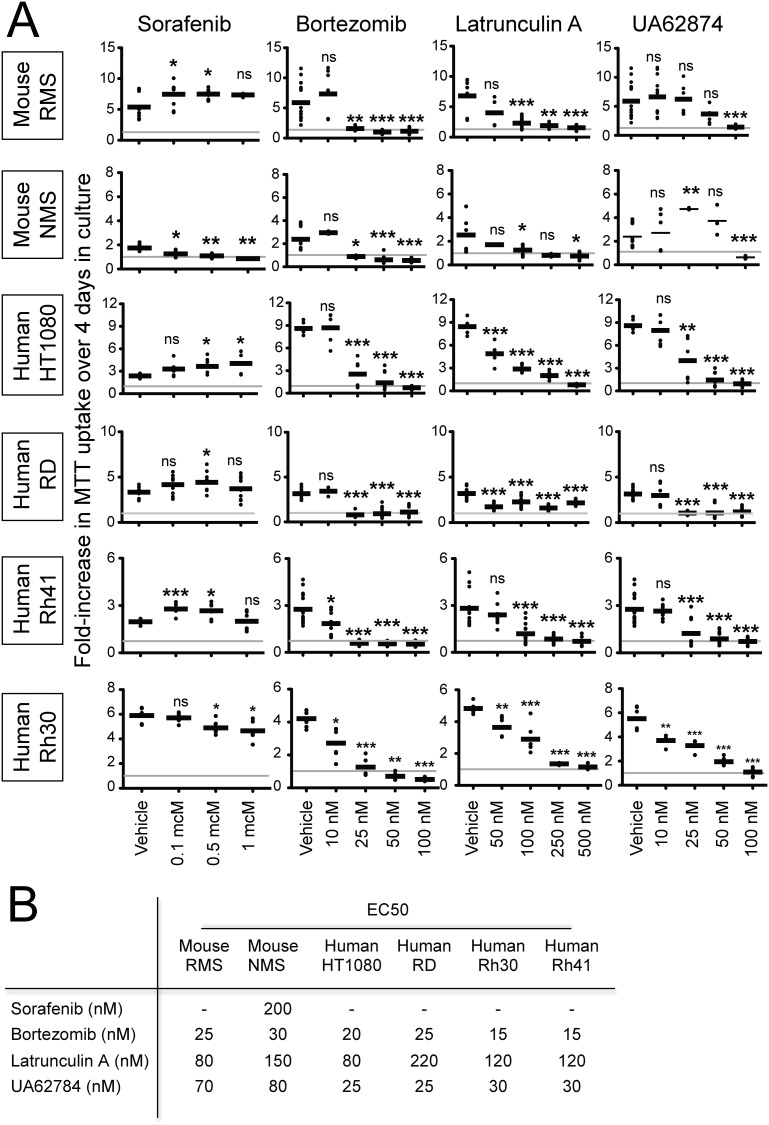Fig 3. Chemical inhibition of mouse and human sarcoma cell growth in vitro.
(A) Bortezomib, Latrunculin A, and UA62874, previously reported to modulate cellular functions of UBE2C, HAS2 and CENPE, respectively, reduced proliferation of a Kras;CDKN2Anull mouse sarcoma cell line with myogenic differentiation (mouse RMS), a Kras;CDKN2Anull undifferentiated, non-myogenic mouse sarcoma cell line (mouse NMS), the human fibrosarcoma cell line HT1080, the human embryonal RMS cell line RD (PAX3/7:FOXO1-negative) and the human alveolar RMS cell lines Rh30 and Rh41 (PAX3/7:FOXO1-positive). Sorafenib increased growth of the mouse RMS cell line, HT1080, RD and Rh41 (mean +/- SD of 6 technical replicates obtained in 3 independent experiments are presented; ns p≥0.05, * p<0.05, ** p<0.01, *** p <0.001, as determined by T-tests compared to vehicle-treated cells). (B) Estimated EC50 concentrations ranged between 15–30 nM for Bortezomib, 80–150 nM for Latrunculin A and 25–80 nM for UA62784 (EC50 concentrations were calculated using graphpad). Please see also S3 Fig.

